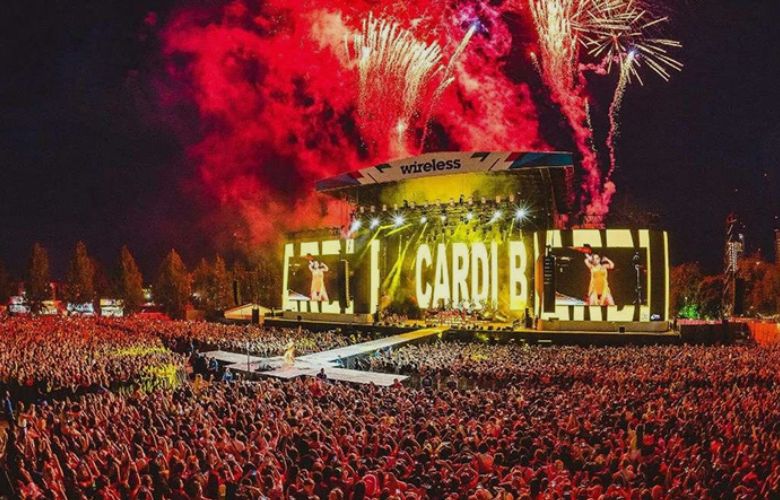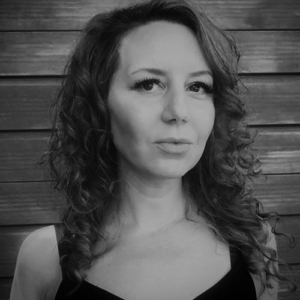
The Musicians’ Union has expressed disappointment that the statistics for the 2022 festival season are still not balanced in terms of gender representation of female headliners. Following new BBC research, only 13% of artists headlining this summer are women.
Out of 200 headline acts looked at, the BBC study found:
Progress has been made on some line-ups, however. Wireless festival headliners are SZA, Cardi B and Nicki Minaj who are all female.
Previous research by the BBC in 2017 showed that 80% of festival headliners in the UK were male which saw the launch of PRS Foundations Keychange initiative.
More than 300 festivals signed the Keychange pledge to achieve a 50/50 gender balance on their line-ups by summer 2022. Some have reached that target or are working towards it but other festivals are still behind and positive changes that are happening in the less visible parts of the line-ups are not influencing who’s being booked for headline spots.
Standon Calling and Strawberries & Creem festivals set a good example for other festivals to follow. 54% of acts in Standon Callings 2022 line-up identify as female or non-binary and 60% of Strawberries & Creem artists this year are female or non-binary.
The Association of Independent Festivals (AIF) have reported that 49% of AIF festivals are run by promoters who identify as female and have made progress in that regard. The MU hopes that this progress will translate into greater diversity on festival stages.
MU Live & Music Writers Official Kelly Wood said:
“Festival performances represent a really important part of many artists’ careers, so the fact that these stages aren’t always fully inclusive and welcoming to all artists is damaging to the entire industry.
It’s therefore vital that festival organisers make the commitment to improve their programming, to give audiences the line-ups that they deserve, and to reflect the true diversity of the music community. The festivals that are already doing this are sending a really positive message to artists and audiences alike”.
MU Head of Equality, Diversity & Inclusion Equalities, John Shortell said:
“It’s really disappointing to see these stats again. It’s an issue that the industry has been talking about for a long time and the brilliant initiatives like Keychange are working with festivals to make progress, but more work needs to be done.
Festivals reflect larger structural problems in the music industry and wider society. Our female members tell us that issues such as childcare, and access to fewer opportunities mean that they are overlooked in favour of male musicians. There’s also the fear that if female musicians raise the issue of representation publicly, they are seen as “difficult” and won’t be booked on that basis.
This isn’t an issue that festivals can tackle alone, as an industry we need to work together to create inclusive workplaces that support women, actively create opportunities for women to progress their careers and drop outdated attitudes that female musicians don’t sell tickets”.
Accessibility At The Smith Center Series: Part One
James “Fitz” FitzSimmons Interview: The Boys In The Band On Netflix


Michelle is a musician and composer from the UK. She has performed across the UK and Europe and is passionate about arts education and opportunities for women and girls.
Read Full Profile© 2021 TheatreArtLife. All rights reserved.

Thank you so much for reading, but you have now reached your free article limit for this month.
Our contributors are currently writing more articles for you to enjoy.
To keep reading, all you have to do is become a subscriber and then you can read unlimited articles anytime.
Your investment will help us continue to ignite connections across the globe in live entertainment and build this community for industry professionals.